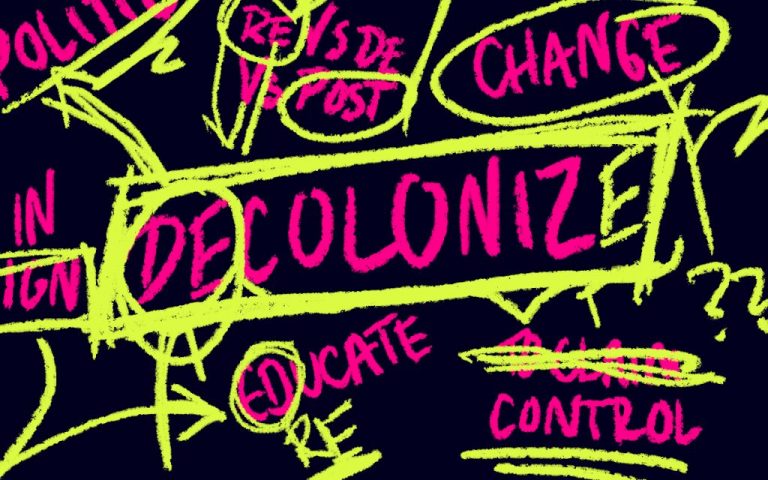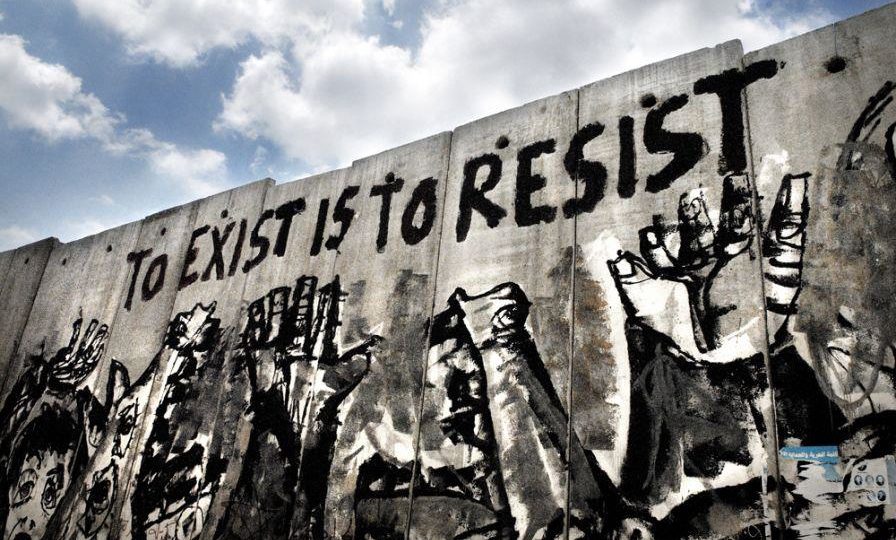
Decolonization of minds is important because it allows us to move beyond the limitations and biases that have been imposed on us by colonialism
Shoukat Lohar
Decolonization of minds is a complex process that involves examining and dismantling the ideologies and systems that were imposed on colonized peoples by their colonizers. The concept of decolonization has been used in a variety of contexts, including politics, economics, and education. It is an ongoing process that has been gaining momentum in recent years, particularly in the wake of the Black Lives Matter movement and the calls for greater racial justice and equity.
Historical background
The roots of decolonization can be traced back to the mid-20th century, when many African and Asian nations gained their independence from European colonial powers. This process involved the dismantling of colonial institutions and the establishment of new political, economic, and social systems that were more reflective of the cultural and historical contexts of the newly independent nations.
 However, decolonization was not just a political process, but also a psychological one. Many colonized peoples had been taught to believe that their cultures and ways of life were inferior to those of their colonizers. This was reinforced through the education system, which often taught a Eurocentric version of history and ignored the contributions and achievements of non-Western cultures.
However, decolonization was not just a political process, but also a psychological one. Many colonized peoples had been taught to believe that their cultures and ways of life were inferior to those of their colonizers. This was reinforced through the education system, which often taught a Eurocentric version of history and ignored the contributions and achievements of non-Western cultures.
The concept of decolonizing minds was thus born out of the need to challenge and undo these deeply ingrained attitudes and beliefs that had been imposed on colonized peoples.
What is decolonization of minds?
Decolonization of minds involves examining the ways in which colonization has influenced our beliefs, values, and attitudes, and working to undo this conditioning. It is about recognizing the ways in which colonialism has shaped our understanding of the world and our place in it, and actively seeking to challenge and dismantle these frameworks.
This process involves a number of different strategies, including:
Re-education: Decolonization involves re-educating ourselves and others about the true history and contributions of non-Western cultures. This means acknowledging and celebrating the diversity of human experiences and rejecting the notion that Western cultures are inherently superior.
Centering marginalized voices: Decolonization also involves centering the voices and perspectives of marginalized communities, particularly those that have been historically oppressed by colonialism. This means prioritizing the experiences and knowledge of Indigenous peoples, people of color, and other marginalized groups.
Challenging dominant narratives: Decolonization also involves challenging dominant narratives and ideologies that reinforce colonialism and inequality. This means questioning the assumptions and biases that underlie many of our cultural norms and institutions.
Engaging in activism: Finally, decolonization involves engaging in activism and advocacy work to challenge the systems and structures that perpetuate colonialism and oppression. This can include supporting movements for racial justice, advocating for the rights of marginalized communities, and working to dismantle systems of inequality.
 Why is decolonization of minds important?
Why is decolonization of minds important?
Decolonization of minds is important because it allows us to move beyond the limitations and biases that have been imposed on us by colonialism. It allows us to recognize the contributions and worth of all cultures and peoples, and to work towards a more just and equitable society.
By decolonizing our minds, we can also begin to challenge the systemic inequalities and injustices that are perpetuated by colonialism. This includes addressing issues such as racism, sexism, and economic inequality, all of which are rooted in colonialism and its legacies.
Conclusion: Decolonization of minds is a complex and ongoing process that involves examining and challenging the ways in which colonialism has shaped our beliefs and attitudes. By centering marginalized voices, challenging dominant narratives, and engaging in activism, we can begin to dismantle the systems and structures that perpetuate inequality and injustice. Ultimately, decolonization of minds is a critical step towards building a more just and equitable society for all.
________________
 Shoukat Lohar is Assistant professor in English at Mehran University of Engineering and Technology Jamshoro. He can be reached at Shoukat.ali@faculty.muet.edu.pk
Shoukat Lohar is Assistant professor in English at Mehran University of Engineering and Technology Jamshoro. He can be reached at Shoukat.ali@faculty.muet.edu.pk